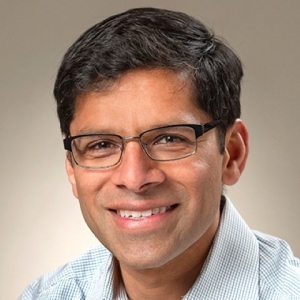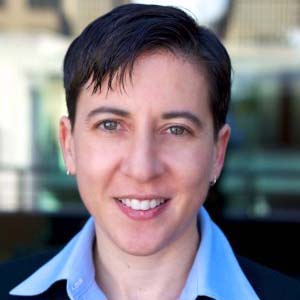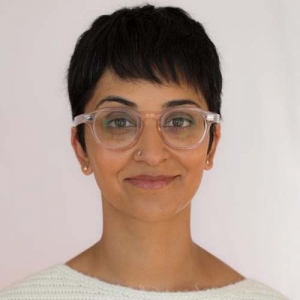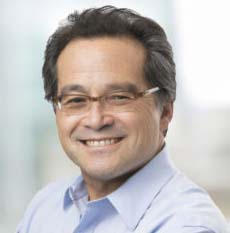Harsha Thirumurthy, PhD (Moderator) Associate Professor, Medical Ethics and Health Policy, Perelman School of Medicine
Harsha Thirumurthy, PhD is an economist at the University of Pennsylvania and Associate Director of the Center for Health Incentives and Behavioral Economics (CHIBE), where he leads global health initiatives. He is also Co-Director of the Indlela nudge unit, a behavioral economics research and capacity building initiative in South Africa.
Dr. Thirumurthy’s interests lie at the intersection of economics and public health, with a focus on HIV prevention and treatment as well as maternal and child health. His research has assessed numerous interventions to promote health behaviors in low-income settings, typically using insights from psychology and economics as well as novel technologies.
In partnership with researchers and implementing organizations in Africa and India, he has led randomized trials of behavioral interventions and also evaluated large-scale disease prevention programs and cash transfer initiatives.
Dr. Thirumurthy completed a PhD in Economics at Yale University and his research has been published in leading journals in economics, public health, and medicine.






